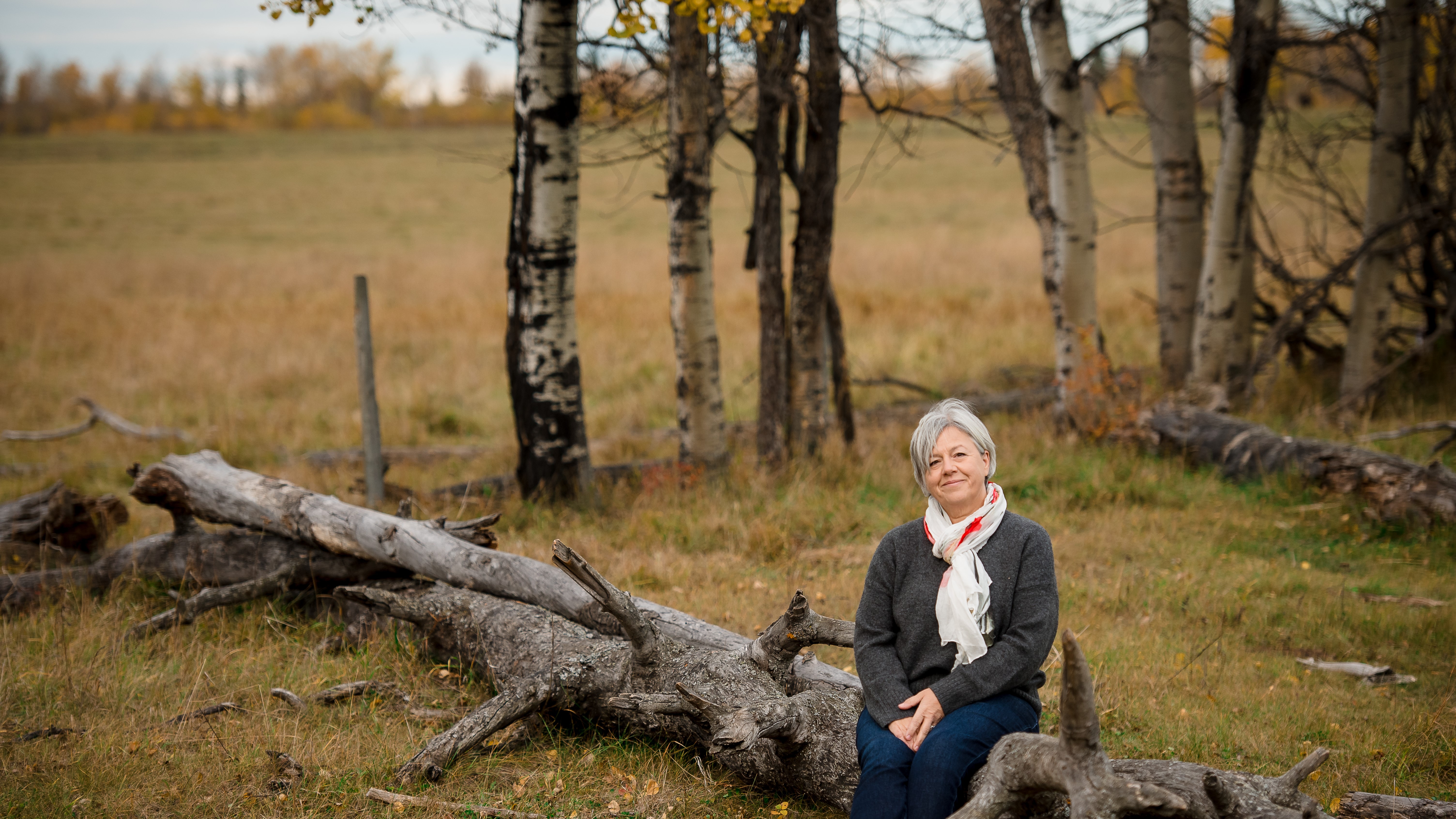Bridges, Not Ruins: Healing Relationships After Trauma
boundaries connection growing forward healing trauma Mar 28, 2025
"The wound is the place where the light enters you." – Rumi
There was a time when I believed that some relationships were beyond repair. Trauma had left its fingerprints on everything—how I spoke, how I listened, how I loved. It convinced me that distance was the only way to stay safe, that cutting ties was the only way to reclaim myself. I had spent years carrying my wounds like battle scars, proof that I had survived. But survival and healing are not the same thing.
It took me a long time to realize that trauma doesn’t just shape the way we hurt—it shapes the way we connect. The past echoes in the spaces between us, turning misunderstandings into betrayals and silence into rejection. It makes us see danger where there is only uncertainty, abandonment where there is only someone needing space. It teaches us to guard our hearts so fiercely that sometimes we forget to let love in.
When Trauma Becomes a Barrier
For a long time, I built walls instead of bridges. I told myself I was protecting myself, but what I was really doing was avoiding the pain of trying—trying to trust, trying to be vulnerable, trying to believe that not everyone would leave, lie, or let me down. Because when you’ve been hurt, every new relationship can feel like a risk. Even the people who love you the most can trigger old wounds, sometimes without even knowing it.
Trauma changes the way we see the world and the people in it. It teaches us to expect hurt, and so we brace for it. Sometimes, we push people away before they even have the chance to stay. Other times, we hold on too tightly, fearing that any space between us means we are about to be abandoned. Either way, we are still living in the shadow of what happened to us, letting the past dictate the present.
But relationships—real, healthy ones—don’t thrive in fear. They need room to breathe. And if we want to heal our relationships, we have to be willing to heal ourselves first.
Rebuilding Connection After Trauma
Healing relationships after trauma is not about pretending the past never happened. It’s about learning to hold both—the pain of what was and the possibility of what could be. It’s about showing up even when it feels uncomfortable, choosing vulnerability over avoidance, choosing communication over assumption.
For me, it started with small acts of courage. Letting my guard down in conversations. Speaking my truth even when my voice shook. Believing people when they said they cared, instead of searching for proof that they didn’t. It meant learning to listen—not just to their words, but to the intentions behind them. It meant trusting myself enough to know the difference between real danger and an old wound being triggered.
Healing relationships doesn’t mean going back to the way things were before trauma. It means moving forward with awareness, with boundaries, and with a willingness to grow together.
The Role of Forgiveness
For a long time, I thought forgiveness meant letting people off the hook. That if I forgave, it meant I was saying what happened didn’t matter. But I’ve learned that forgiveness is not about rewriting the past—it’s about reclaiming the future. It’s about setting down the weight of resentment so we can finally move forward, whether that means rebuilding a relationship or simply making peace with what we cannot change.
Forgiveness doesn’t mean we allow people to continue hurting us. It doesn’t mean we stay in toxic relationships or ignore red flags. It means we release the grip that the past has on us. It means we give ourselves permission to heal without waiting for an apology that may never come.
Some relationships won’t survive the healing process. And that’s okay. Not everyone is meant to walk this path with us. But for the ones who are—the ones who are willing to grow with us, to hold space for our healing as we hold space for theirs—there is something worth fighting for. Not perfection, not erasure of the past, but the possibility of something new.
So today, I choose to build bridges instead of ruins. I choose to hold space for love, for trust, for the messy, beautiful, imperfect process of healing together. And for the relationships that could not withstand the weight of the past, I send them peace. Because healing isn’t about fixing everything. It’s about making peace with what was, honoring what is, and holding hope for what could be.
Anastasia Jorquera-Boschman is a retired teacher, principal and educational consultant who currently spends her time holding space as a trauma-Informed Resilience Coach.

SUBSCRIBE FOR WEEKLY
Blog Posts to inspire your healing journey
We hate SPAM. We will never sell your information, for any reason.
Categories
All Categories boundaries changing behaviors connection courage creativity for healing emotional regulation empath growing forward healing healing trauma healthy bonds hearing triggers how to regulate emotions indigenous drumming circle inner child limiting beliefs northern cree pheonix rising reconciliation resilience scapegoat self acceptance self care self love stealth mode struggle survivor the dance of growth trauma trauma bonds trauma-informed workplaces understanding resilience your healing journey

